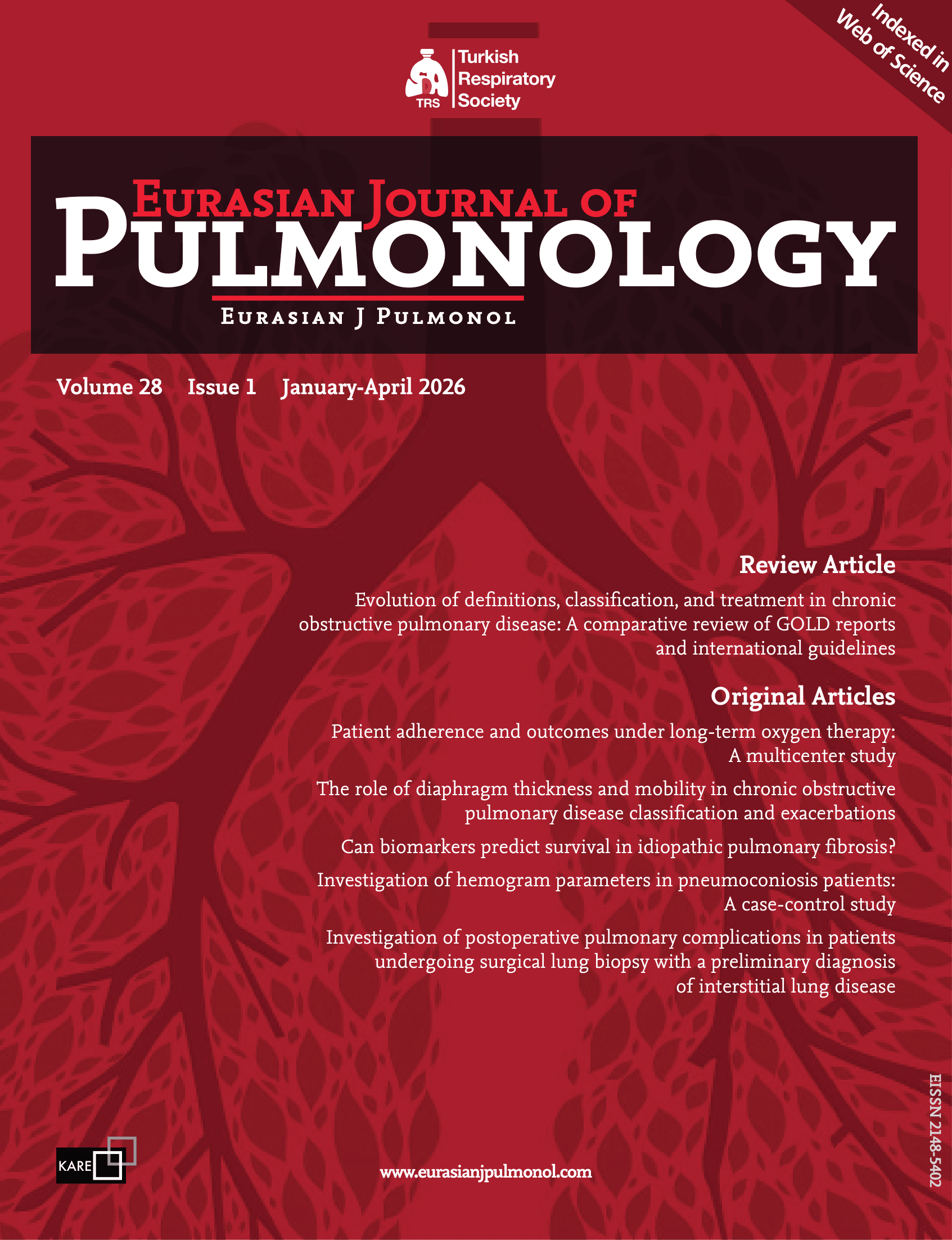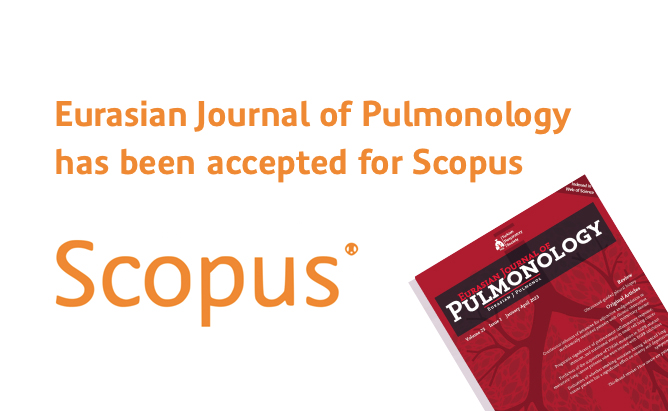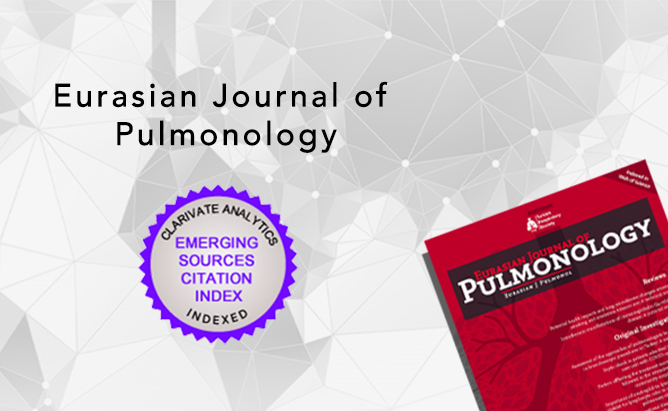2Department of Occupational Medicine, Dokuz Eylül University Faculty of Medicine Year 3 Special Study Module (Süzer B, Ecemiş MU, Kasabalı G, Dinler G, Şanlı Ş, Kuzğun O,); Department of Pulmonary Medicine, Dokuz Eylul University School of Medicine, Izmir, Turkey
Abstract
INTRODUCTION: Occupational diseases are conditions that are preventable and that are actually frequently encountered by physicians in daily practice. The present study, involving research assistants working in a medical faculty hospital clinic where there is the potential to diagnose occupational disease measures, aimed to analyze their level of awareness of the diagnosis, treatment, and monitoring of occupational diseases.
MATERIALS AND METHODS: This is a descriptive study, for which an exploratory survey was administered to 126 resident physicians in a medical faculty hospital. The survey items were related to the physicians' knowledge of the definition of “occupational disease,” whether they took work and occupational history in daily practice, the status of diagnosis of occupational diseases in their own fields of specialization and the procedure followed in the event of a diagnosis, and their opinions of the significance of diagnosing occupational diseases.
RESULTS: Among the participants, 77 (62.1%) were found to ask the patients about their occupation, with the reasons given for not doing so being stated as patient load and busy schedule by 16 (12.9%) and limited time by 9 (3%) of the participants. Approximately 60% of the participants were able to define the term “occupational disease,” however, only 37.9% were aware of the laws on occupational health and safety.
CONCLUSIONS: The findings indicate that there is a significant lack of knowledge on occupational disease in medical education. As such, education should be provided during both medical school and specialization training regarding the duties, powers, and responsibilities of physicians related to occupational diseases.




 Nur Şafak Alici1
Nur Şafak Alici1 




